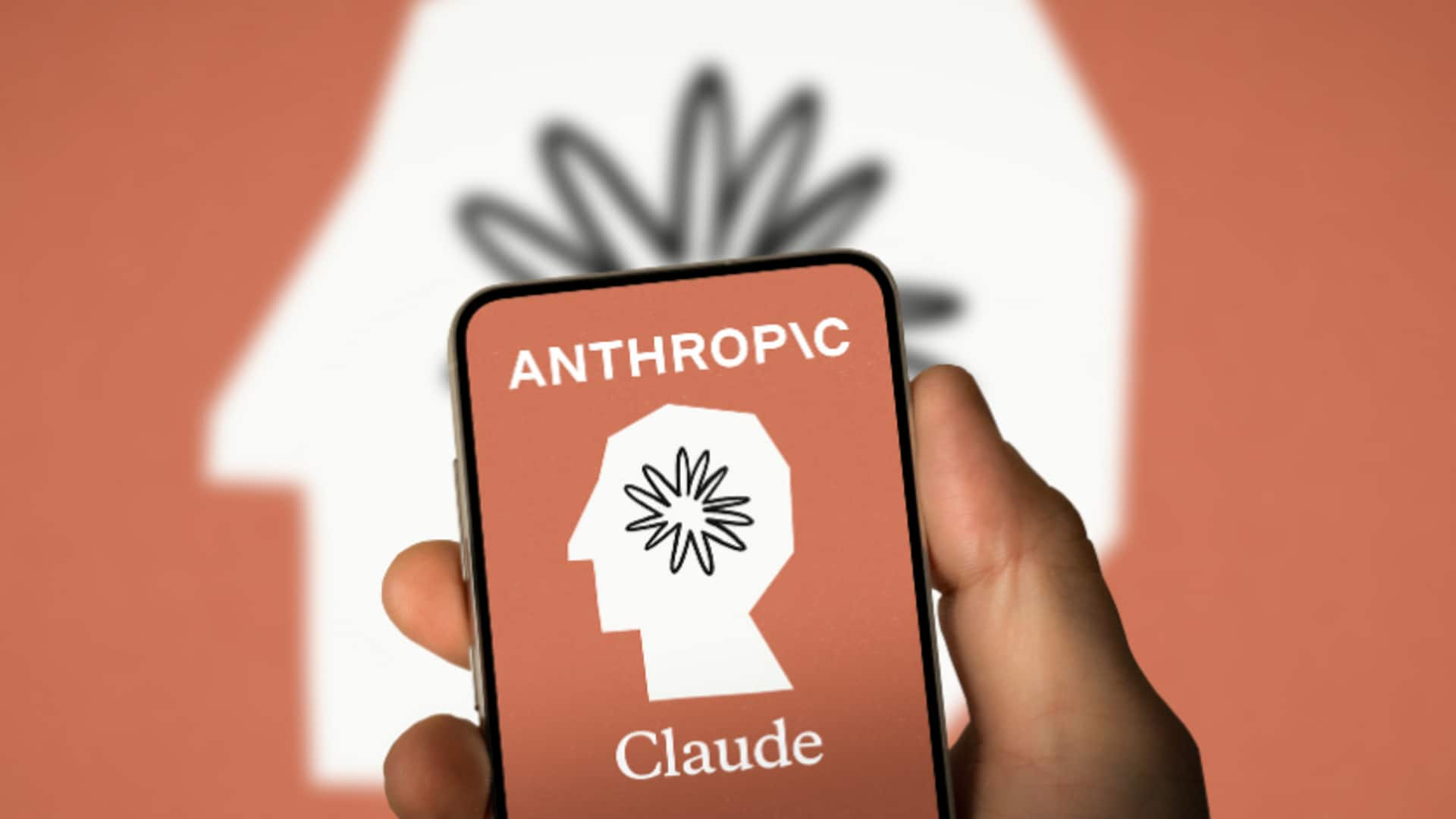
Anthropic settles AI training lawsuit with authors for $1.5B
What's the story
Anthropic, an artificial intelligence (AI) company, has agreed to a $1.5 billion settlement in a class-action lawsuit filed by authors. The plaintiffs accused the company of using pirated copies of their works for training its Claude chatbot. If approved by a judge on Monday, this landmark deal could change the landscape of legal disputes between AI firms and creative professionals who allege copyright violations.
Settlement specifics
Authors to receive around $3,000 each
The settlement will see Anthropic pay authors around $3,000 for each of the estimated 500,000 books involved. "As best as we can tell, it's the largest copyright recovery ever," said Justin Nelson, a lawyer for the authors. The lawsuit was initially filed by thriller novelist Andrea Bartz and non-fiction writers Charles Graeber and Kirk Wallace Johnson last year. They now represent a wider group of writers and publishers whose works were allegedly used without permission to train Claude.
Legal implications
Settlement avoids potential bankruptcy for AI firm
A federal judge ruled in June that training AI chatbots on copyrighted books wasn't illegal. However, the judge also found that Anthropic had illegally acquired millions of books from piracy websites. If the company had not settled, it could have faced higher costs after a scheduled December trial. "We were looking at a strong possibility of multiple billions of dollars, enough to potentially cripple or even put Anthropic out of business," said William Long, a legal analyst for Wolters Kluwer.
Data sourcing
Anthropic illegally downloaded over 7M books
Judge William Alsup's June ruling revealed that Anthropic had illegally downloaded over seven million digitized books. The company initially acquired almost 200,000 from an online library called Books3, created by AI researchers outside of OpenAI to mirror the vast collections used for training ChatGPT. Later, it took at least five million copies from piracy site Library Genesis (LibGen) and at least two million from Pirate Library Mirror.
Industry reaction
Settlement sends strong message to AI industry
Mary Rasenberger, CEO of the Authors Guild, welcomed the settlement as "an excellent result for authors, publishers, and rightsholders generally." She said it sends a strong message to the AI industry about the consequences of illegally using authors' works for training their AI systems.